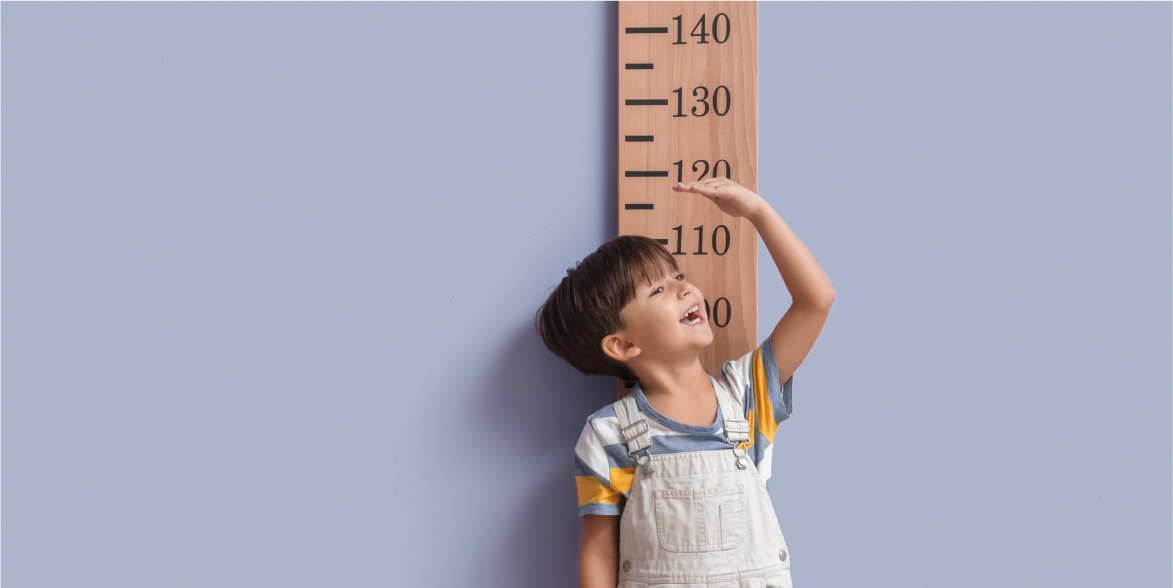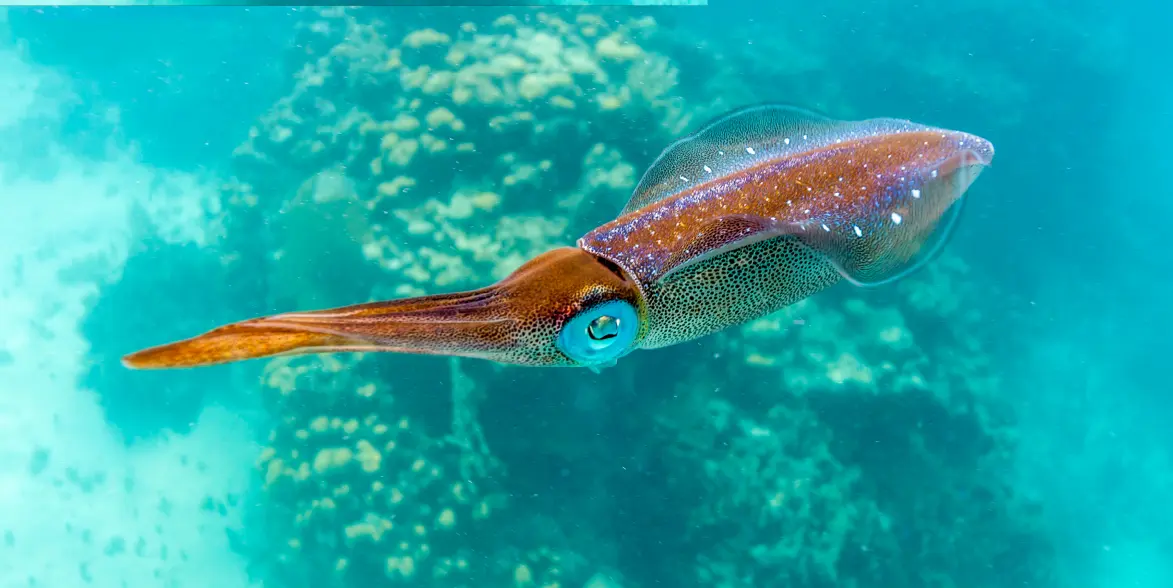The Republic of Indonesia, with its vast archipelagic territory and vast marine resources, has set its vision to become the world’s maritime axis in 2045. However, there are many obstacles to overcome in various sectors that must be addressed to achieve this grand goal. One way to facilitate Indonesia’s progress is to make Indonesia the center of sustainable fisheries in the world.
Indonesia is one of the world’s important ports
The world’s maritime sector is not just about fisheries and marine affairs but also involves sea trade routes that have been dominated by neighboring countries. Vice President K.H Ma’ruf Amin stated that 90% of global trade transported through sea routes, 40% of which pass through the Malacca Strait, especially Indonesian waters. From the global sea trade route aspect, Indonesia already has a fairly important position. Even thanks to various improvements in dwelling time at Indonesian ports by the end of 2022, it will only take 2-2.5 days, far shorter than in 2016, which could take up to one week.
On the maritime infrastructure side, the Indonesian government has made many improvements to realize its vision of becoming the world’s maritime axis, including the marine resources handled by the Ministry of Maritime Affairs and Fisheries (KKP) and the Coordinating Minister for Maritime Affairs and Investment (Menko Marves). The real results of the synergy between these two ministries to strengthen Indonesia’s maritime pillar are becoming increasingly visible.
Making Indonesia the World’s Maritime Axis and the Center of Sustainable Fisheries
With the various recorded advancements, is Indonesia already worthy of the title of maritime axis or the center of sustainable fisheries in the world? The answer is still not yet, but it is getting closer. The government, through the KKP, has even created five priority programs that have been running with the aim of advancing the economy as well as the ecology of the maritime sector.
The Food and Agriculture Organization (FAO) through the report entitled “The State of World Fisheries and Aquaculture 2022” released data that China is the country with the highest marine fish production in the world and the main seafood supplier with a yield of 11.77 million tons, while Indonesia’s total production is 6.4 million tons. Meanwhile, the big problem that still hinders the fisheries industry in Indonesia is illegal fishing. To reduce illegal fishing, the KKP has even issued the Measured Fish Capture (PIT) policy.
Implementation of the PIT Program as a Solution to 2 Problems at Once
The PIT policy has also been implemented by the Chinese government to regulate target vessel limits, fishing gear used, and fishing permits, but the Chinese government encourages fishermen to catch as many fish as possible (overfishing). This can be used as a weapon by Indonesia by applying sustainability awareness and continuously improving production capacity so that Indonesian fish will be more valued because they are obtained or cultured while balancing the ecology in line with the blue economy concept.
Indonesia’s potential marine resources are still very large because China, with an area of 3.5 million km2 of sea, can produce fish with a total of 11.77 tons. Meanwhile, Indonesia, with an area twice the size of China’s sea (6.3 million km2), can only produce 6.4 million tons. This weakness can actually be turned into strength so that with the KIP policy taken by the government while running four other priority programs, it can increase fishery production through other channels, namely cultivation. The Indonesian government’s step to make PIT a solution to reduce illegal fishing while increasing fishery cultivation efforts is a brilliant effort.
Support from all stakeholders in the fisheries industry is needed.
What needs to be noted by fisheries practitioners from upstream to downstream, including Aruna itself as a fisheries company, is to continue to support Indonesia to strengthen its pillars in order to become the world’s maritime axis and center of sustainable fisheries in the world. Especially with the presence of Aruna Hub which has helped implement sustainable fisheries and increase fishermen’s income, Aruna will continue to support the government to advance the maritime world, especially the fisheries sector in Indonesia.











Leave a reply
No comments found.